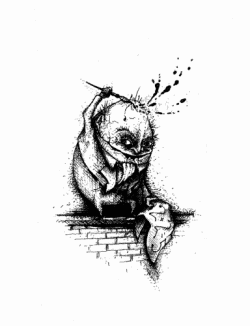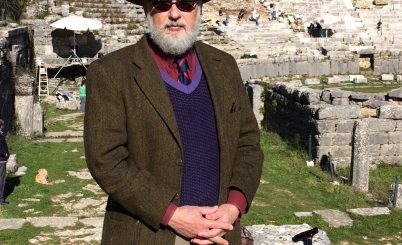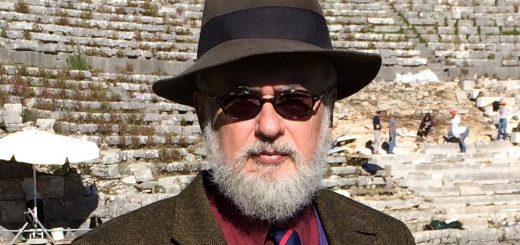Humpty Dumpty on Idiots
I continue to learn the most amazing things on Facebook–generally the things I thought I knew in grammar school and had to spend a lifetime unlearning. Today, someone recirculated a meme with the old wheeze that “idiot” comes from a Greek word meaning private citizen who did not take an interest in public affairs, to which a libertarian–very reliable people, libertarians, one knows what they are going to respond before a question is posed–that the polis was everything.







